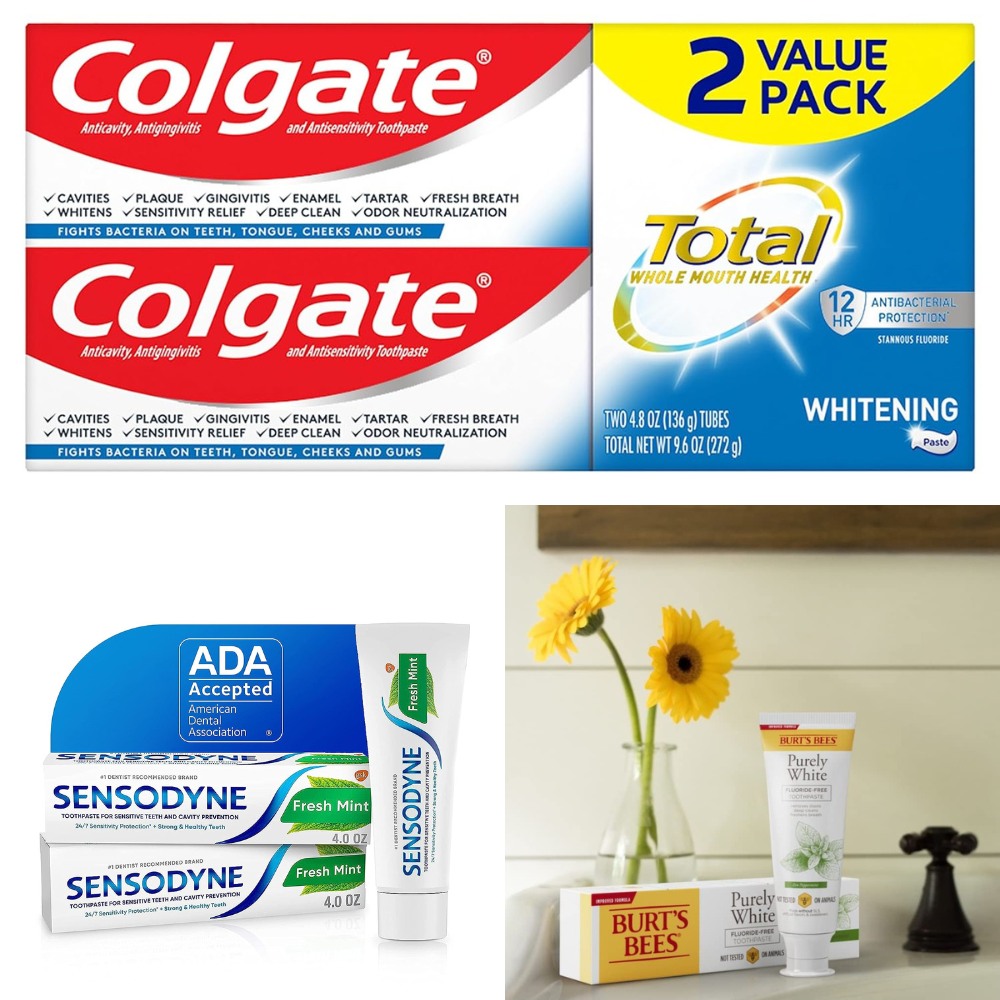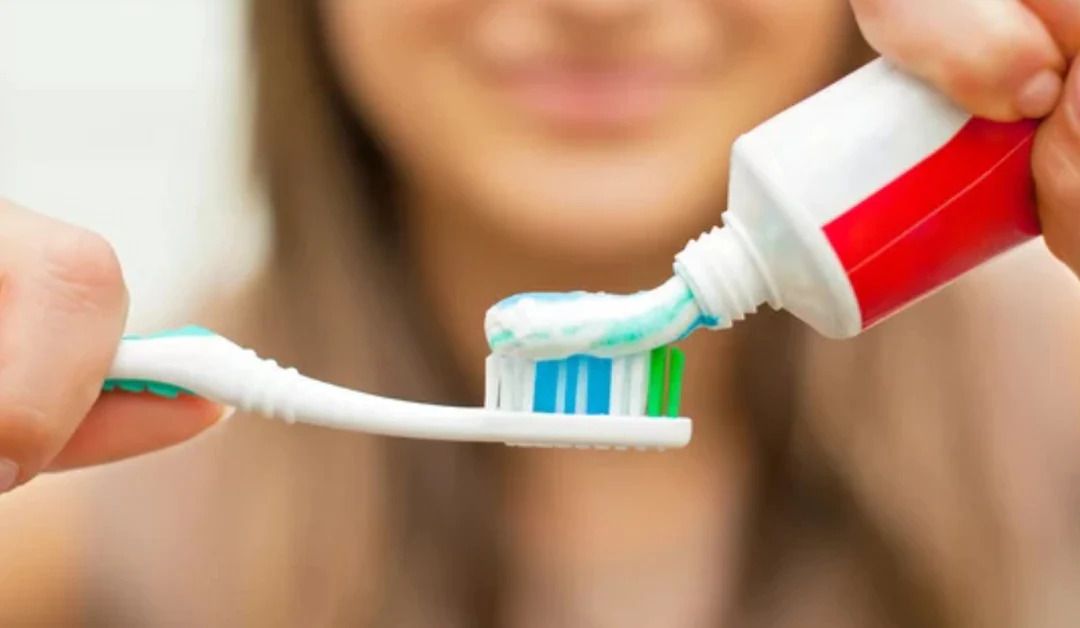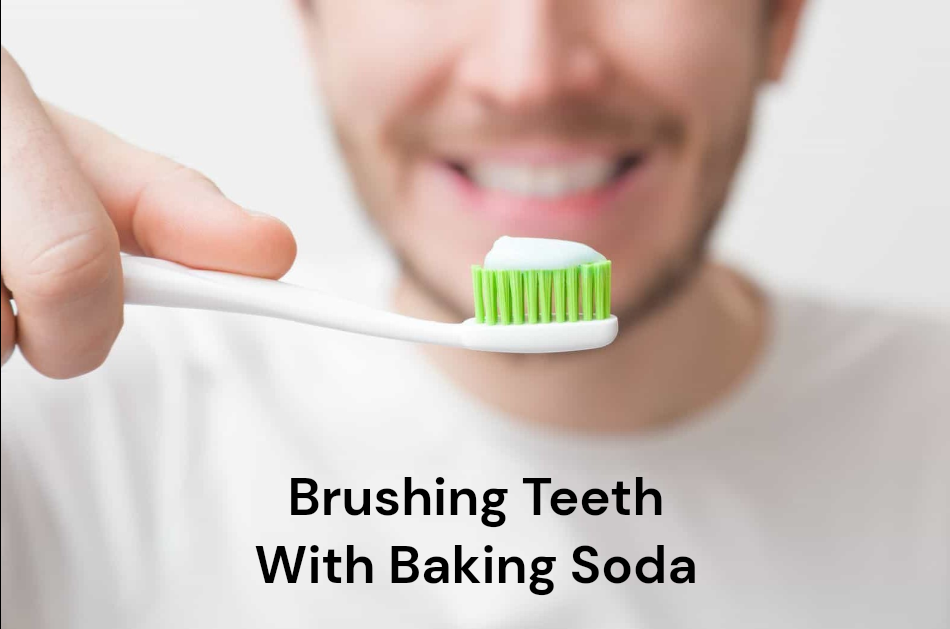Maintaining healthy teeth is essential for overall oral health and well-being. While proper dental care practices, such as brushing and flossing, are crucial, the food we consume also plays a significant role in our dental health. In this comprehensive guide, we will explore the best foods for healthy teeth, the importance of maintaining good oral health, and how a balanced diet can benefit your overall well-being.
The Importance of a Healthy Diet for Dental Health
Tooth decay and gum disease are two common oral health problems that can be prevented by adopting a healthy diet. Consuming sugary foods and beverages can lead to tooth decay since the bacteria in our mouths convert sugars into acids that attack tooth enamel. On the other hand, consuming nutrient-rich foods can strengthen teeth, promote gum health, prevent tooth decay, and prevent oral health issues.
Leafy Greens and Vitamin C
Leafy greens, such as spinach and kale, are excellent sources of vitamins and minerals that promote dental health. These vegetables are rich in calcium, which helps rebuild tooth enamel, and vitamin C, which strengthens blood vessels and reduces the risk of gum inflammation. Incorporating leafy greens into your diet can provide numerous oral health benefits.
Lean Proteins and Vitamin D
Including lean proteins, such as chicken, fish, and eggs, in your diet can contribute to strong teeth and gums. Proteins aid in the development of healthy oral tissues, while vitamin D helps the body absorb calcium effectively. Both nutrients are essential for maintaining optimal dental health.
Whole Grains and Fiber
Whole grains, and healthy foods such as brown rice and whole wheat bread, are excellent sources of complex carbohydrates and fiber. These foods require more chewing, which stimulates saliva production. Saliva plays a vital role in neutralizing tooth-damaging acids and removing food particles from the mouth. Additionally, fiber-rich foods, like fruits and vegetables, act as natural toothbrushes, promoting oral hygiene.
Dairy Products for Strong Teeth
Dairy products such as milk, cheese, and yogurt are abundant sources of vital nutrients like calcium and phosphorus. These nutrients play a fundamental role in promoting and sustaining the strength and health of our teeth and bones. Calcium helps rebuild tooth enamel, while phosphorus aids in the remineralization process. Adding dairy products to your diet can benefit both your dental health and overall well-being.
Fruits and Vegetables for a Healthy Smile
Fresh fruits and vegetables are not only great sources of vitamins and minerals but also help stimulate saliva production. Crunchy fruits, such as apples and pears, and vegetables like celery and carrots act as natural cleansers, removing harmful bacteria and leftover food particles from the teeth and gums.
Green and Black Teas and Chewing Gum
Green and black teas contain compounds that help suppress the growth of cavity-causing bacteria and reduce the risk of gum disease. Chewing sugar-free gum following meals promotes the production of saliva and aids in neutralizing damaging acids within the mouth. This practice proves beneficial for maintaining optimal oral health. Incorporating these habits into your routine can contribute to good oral health.
Avoiding Sugary and Acidic Foods
Limiting the consumption of sugary treats and beverages is essential for preventing tooth decay. Additionally, acidic foods, such as citrus fruits and carbonated drinks, can erode tooth enamel over time. It's important to be mindful of these foods and consume them in moderation to protect your dental health.
Maintaining Proper Dental Care and Oral Hygiene Habits
In addition to a healthy diet, practicing proper dental care is vital for maintaining good oral health. Remember to:
- Brush your teeth at least twice a day with fluoride toothpaste.
- Floss daily to remove plaque and food particles from between your teeth.
- Rinse your mouth with an alcohol-free mouthwash to further reduce oral bacteria.
- Visit your dentist regularly for check-ups, professional cleanings, and preventive care.
The Connection between Oral Health and Overall Well-being
Maintaining good oral health is not only important for your teeth and gums but also for your overall health. Numerous systemic conditions, such as heart disease and diabetes, have been associated with inadequate oral health. By prioritizing your dental health, you are good for your teeth while also taking care of your entire body.


What are the best foods for healthy teeth?
The best foods for healthy teeth include leafy greens, lean proteins, whole grains, dairy products, fruits, and vegetables. Leafy greens like spinach and kale are high in calcium, which helps strengthen tooth enamel. Lean proteins, such as chicken, fish, and eggs, promote the development of healthy oral tissues. Whole grains, like brown rice and whole wheat bread, stimulate saliva production, aiding in the removal of food particles and neutralizing acids. Milk, cheese, and yogurt are abundant sources of calcium and phosphorus, which are crucial for promoting strong and healthy teeth. Fresh fruits and vegetables, particularly crunchy ones like apples and carrots, act as natural cleansers by removing bacteria and stimulating saliva flow.
How do leafy greens like spinach and kale contribute to dental health?
Leafy greens like spinach and kale are packed with essential nutrients that benefit dental health. They are rich in calcium, which helps rebuild and strengthen tooth enamel, protecting against decay. Additionally, these greens are high in vitamin C, which strengthens blood vessels and reduces the risk of gum inflammation. Consuming leafy greens also promotes overall oral health by providing other important vitamins and minerals needed for healthy teeth and gums.
What role do whole grains play in promoting oral hygiene?
Whole grains, such as brown rice and whole wheat bread, are excellent for promoting oral hygiene. Unlike refined grains, whole grains retain their bran and germ layers, making them rich in fiber. The act of chewing whole grains stimulates saliva production, which helps to neutralize acids and wash away food particles and bacteria. Additionally, the fiber in whole grains acts as a natural cleaner, gently scrubbing teeth and gums as you eat, promoting oral health.
How do dairy products like milk and cheese benefit dental health?
Dairy products, such as milk, cheese, and yogurt, offer numerous benefits for dental health. They are excellent sources of calcium and phosphorus, minerals that are essential for maintaining strong teeth and bones. Calcium helps rebuild and strengthen tooth enamel, protecting against decay, while phosphorus aids in the remineralization process. Dairy products also stimulate saliva production, which plays a vital role in neutralizing acids and washing away food particles from the mouth.
Which fruits and vegetables are particularly good for maintaining a healthy smile?
Fresh fruits and vegetables, in general, are beneficial for maintaining a healthy smile. Crunchy fruits like apples and pears, and vegetables like celery and carrots, have a high water content and fibrous texture. These characteristics help stimulate saliva production, which aids in rinsing the mouth and removing food particles and bacteria. Furthermore, fruits and vegetables are rich in vitamins and minerals that support overall oral health.
Can drinking green or black tea actually improve dental health?
Drinking green or black tea can indeed improve dental health. Both types of tea contain compounds called polyphenols, which have antimicrobial properties that suppress the growth of cavity-causing bacteria. These polyphenols inhibit the formation of plaque and reduce the risk of gum disease. However, it is important to note that adding sugar to tea can negate its dental benefits, so it is best to consume tea without added sugar.
Is chewing sugar-free gum beneficial for oral health?
Chewing sugar-free gum can be beneficial for oral health. When you chew gum, it stimulates saliva production, which helps wash away food particles and neutralize acids in the mouth. Saliva also contains minerals like calcium and phosphate that help remineralize tooth enamel. Chewing gum after meals can be particularly helpful in reducing the risk of tooth decay, but it is important to choose sugar-free gum to avoid exposing teeth to excess sugars.
Why should we limit the consumption of sugary and acidic foods?
Limiting the consumption of sugary and acidic foods is crucial for maintaining good dental health. Sugary foods and drinks are a major contributor to tooth decay because the bacteria in our mouths convert sugars into acids that erode tooth enamel. Acidic foods, such as citrus fruits and carbonated drinks, can also erode tooth enamel over time. By limiting these types of foods, we can minimize the damage caused by acid attacks and reduce the risk of cavities and dental erosion.

In conclusion, adopting a healthy diet that includes nutrient-rich foods is fundamental for maintaining healthy teeth and gums. Leafy greens, lean proteins, whole grains, dairy products, fruits, and vegetables all contribute to good oral health. Additionally, practicing proper dental care and oral hygiene habits, along with avoiding sugary and acidic foods, can significantly improve your dental health. Remember, investing in your dental health is an investment in your overall well-being.












